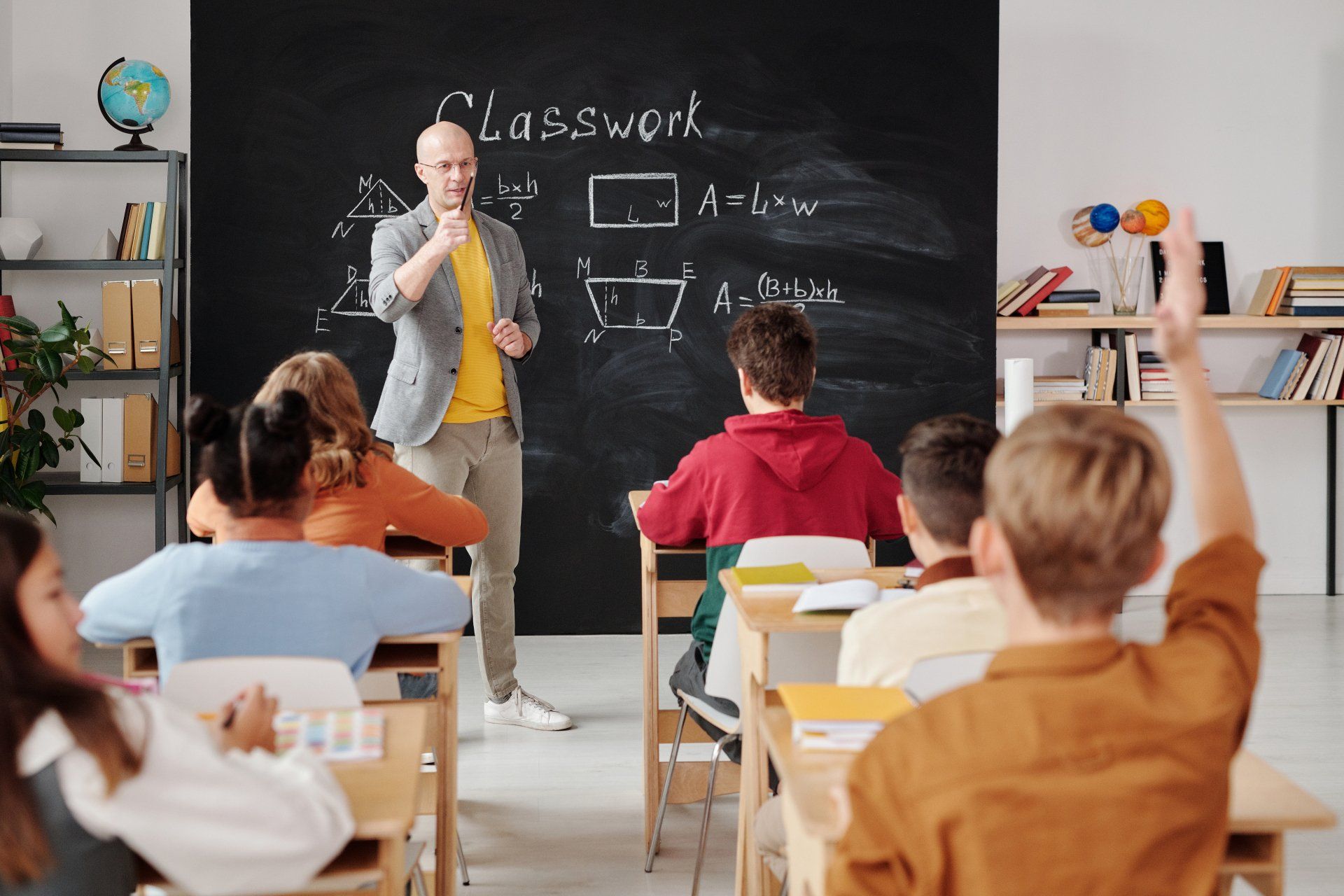Building Grounds & Facilities
At Newtown Public Schools, our Building Grounds & Facilities department plays a pivotal role in creating a safe, healthy, and conducive learning environment. We are dedicated to maintaining and enhancing our school facilities to ensure they meet the highest standards of safety, functionality, and aesthetic appeal. Our team works tirelessly to oversee building maintenance, grounds keeping, and facility improvements, ensuring that our schools are places where students and staff can thrive. Explore this page to learn more about our policies, safety guidelines, and the dedicated efforts behind maintaining our top-notch educational facilities.
|Indoor AIR Committee
|Notices
- Building use Policy & Form
- Abestos Notice 2023 (PDF)
- Pesticide Notice (PDF)
- Treatment for Ticks at Newtown Public Schools (PDF)
|Safety Data Sheets
WORKPLACE SAFETY
Slips, trips and falls are the leading cause of workplace injuries. To help avoid accidents, employees should:
- Be on the lookout for unsafe conditions that may lead to slips and falls.
- Watch out for foreign substances on the floor.
- Report anything you see as dangerous.
- Call a custodian to clean up spills immediately.
- Never stand on a chair or desk to reach high places. Call a custodian for a ladder.
- Ask for help carrying a load that is heavy or bulky
- Wear proper footwear as needed for weather conditions.
- In snow or ice, be sure only to use pathways that have been cleared and treated.
- Clean footwear thoroughly when entering a building.
- Use handrails on stairs or ramps.
- Pay attention to warning signs indicating danger.
Please remember that safety and accident prevention is everyone’s job.
Fire Safety Guidelines for Educational Occupancies
Artwork and Teaching materials have to be attached completely to the wall. In buildings with sprinkler systems, 50% of the walls can be covered. In buildings without sprinkler system, 20% of the wall can be covered
NO ARTWORK OR TEACHING MATERIALS MAY BE HANGING FROM THE CEILING And all materials on walls must be completely secured
Means of egress has to be kept clear. Including corridors and window for rescue
Classroom doors shall be closed during fire evacuation and when the classrooms are not in use. Please close all doors when going to lunch, specials and when leaving for the day.
Exit doors shall not be obstructed with furnishings or decorations.
Any door that is self-closing shall not be propped in the open position.
Extension cords shall not be used in place of fixed wiring.
If you have any questions pertaining to Fire and Life Safety, pleas feel free to contact the Office of the Fire Marshal.
3 Primrose St, Newtown, CT 06470
Phone: (203) 270-4370
FAX (203) 270-1528
Keeping Classrooms Clean & Healthy
Improving the school indoor environment, including reducing asthma triggers like dust and chemicals, benefits both students and staff. Teachers can help by following these useful tips.
Design your classroom so that it is easy to clean:
- Store as many materials as possible in clear plastic bins that can be easily wiped off and labeled.
- Avoid having too much clutter. If you have taught for many years, consider throwing out outdated materials or if you inherited something from a previous teacher, it doesn’t mean you have to keep it!
- Allow only vinyl covered stuffed chairs and sofas in your classroom. These can be easily wiped down. Fabric furniture and pillows collect dust, harbor dust mites, collect germs and are hard to clean.
- Limit the use of area rugs. If they are used, they should be cleaned periodically.
- Store all food in hard plastic, glass or metal containers to keep pests away.
Cleaning:
- Supplies: Obtain a small bottle of the approved green cleaner and a cloth, preferably microfiber, from the custodial staff. Do not bring any type of cleaning product (including hand sanitizers, wipes and air fresheners) from home – it’s the law!
- If you have stuffed animals in the classroom, they should be washed weekly or monthly depending on their use. These items collect dust, dust mites, and can harbor germs.
- Wall and ceiling decorations including student art should not become dust collectors. Try not to leave these items in the classroom for more than a month.
Ordering Supplies:
- Look for non-toxic products or the least toxic product available. Contact your facilities director for assistance in finding safer products.
Understand how the ventilation works:
- Make sure the air supply and return vents are not blocked and are working properly in your room.
- Don’t put anything on top or in front of the ventilation or heating/cooling units!
- Proper ventilation is important for clean air.
Look for signs of water or moisture:
- Look for stained ceiling tiles, wet/damp windowsills, and leaks under sinks.
- If you find evidence of moisture, report the problem to the custodian.
- Unreported leaks can lead to potential mold issues.
For more information and assistance, contact your school’s Tools for Schools building team and/or visit these web sites:
This information was provided by the Connecticut School Indoor Environment Resource Team. Adapted from the
NH Partners for Heathy Schools.





